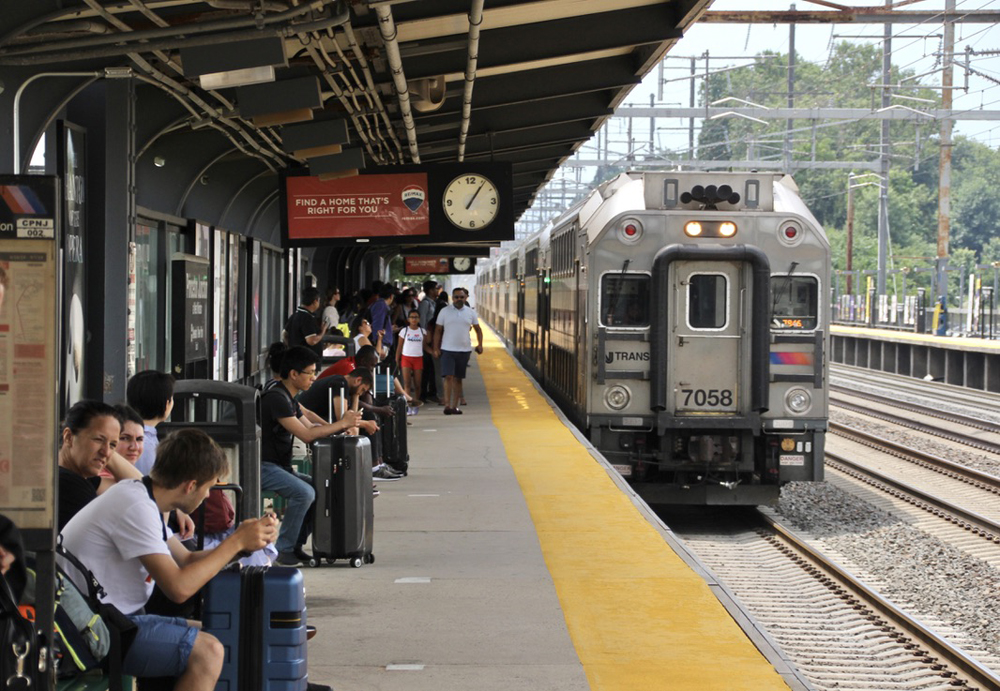
WASHINGTON — President Joe Biden has named a three-member Presidential Emergency Board to address the labor dispute between NJ Transit and the Brotherhood of Locomotive Engineers and Trainmen.
Biden established the board in an executive order released Wednesday and effective today (July 25). An accompanying statement notes that appointment of the board is required under the Railway Labor Act because it has been requested by one of the parties, and named Elizabeth C. Wesman as chair, with Barbara C. Deinhardt and Lisa Salkovitz Kohn as the other members.
Weisman has previously served on three Presidential Emergency Boards during the Obama administration which addressed rail negotiations at NJ Transit and the Southeastern Pennsylvania Transit Authority. Deinhardt was part of the emergency board involved in the 2022 freight rail negotiations that led to the current national agreement [see “Biden names members of emergency board …,” Trains News Wire, July 18, 2022] as well as two boards during the Obama administration. Kohn, a member of the board of governors for the National Academy of Arbitrators, has been a labor arbitrator and mediator for more than 30 years.
Naming of the board begins a 120-day process that includes a requirement for the board to issue a report with its recommendations by Aug. 23. No job action can be taken during that time. NorthJersey.com reports the BLET had picket signs printed in preparation for a walkout today, but is now preparing to meet with the emergency board. Union members have been working without a contract since 2019.
“This labor dispute has dragged on for far too long, but we will respect the process established by the Railway Labor Act,” BLET National President Eddie Hall said in a statement on the union’s website. “NJT has nearly a half-billion dollars for lavish new office space, [and] they recently raised fares by 15%. Meanwhile, they haven’t offered their engineers competitive wages with other passenger railroads. It’s time for NJT to make a fair offer and settle this dispute voluntarily. Otherwise, our members will be walking picket lines rather than operating trains.”
Pay is the leading issue. NJ Transit says it has reached agreements with the other 14 of its 15 rail-based unions and wants to maintain the pattern-based contract accepted by those unions. The BLET says NJ transit’s engineers are the lowest paid in commuter rail service in the country and that the pattern-based contract does not take into account the specialized training and knowledge required to qualify to operate trains on different parts of the NJ Transit system.
While the naming of the board prevents a strike or lockout for 120 days, realistically, the time frame for a job action is much longer. At the end of that 120 days, any party in the dispute can request another board. If that happens, the first possible day for a work stoppage would be March 22, 2025.






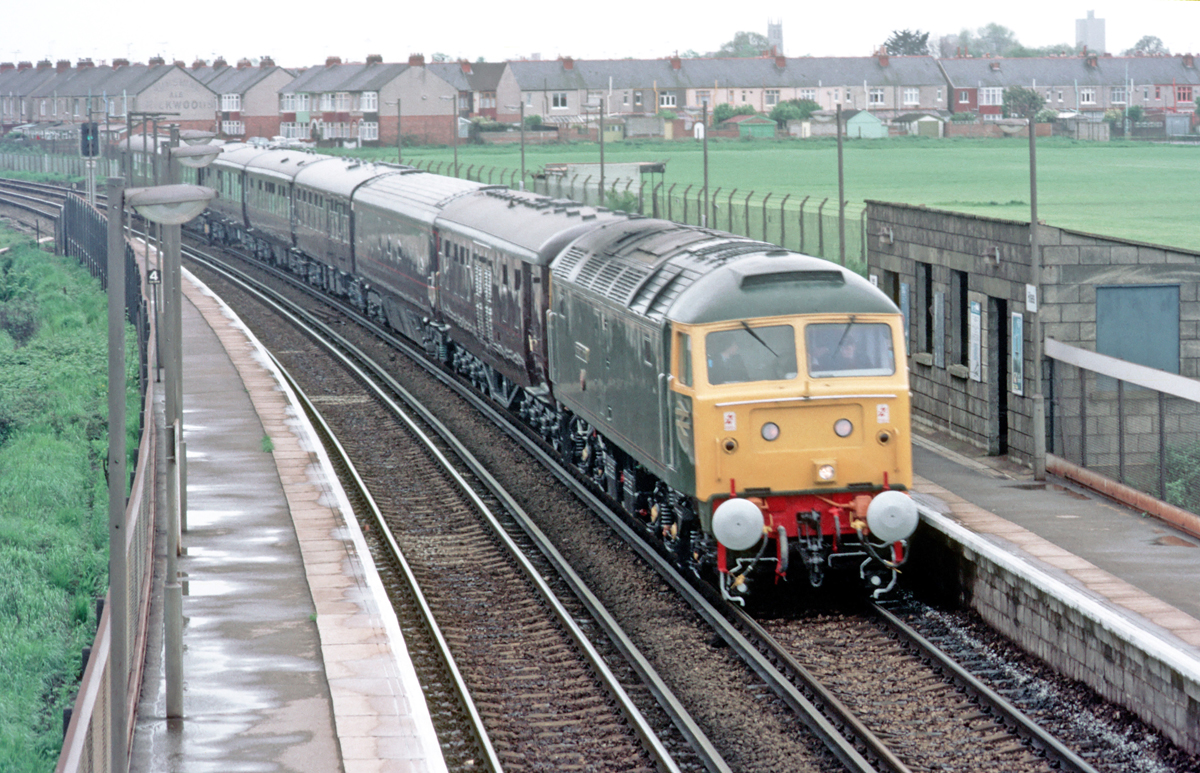
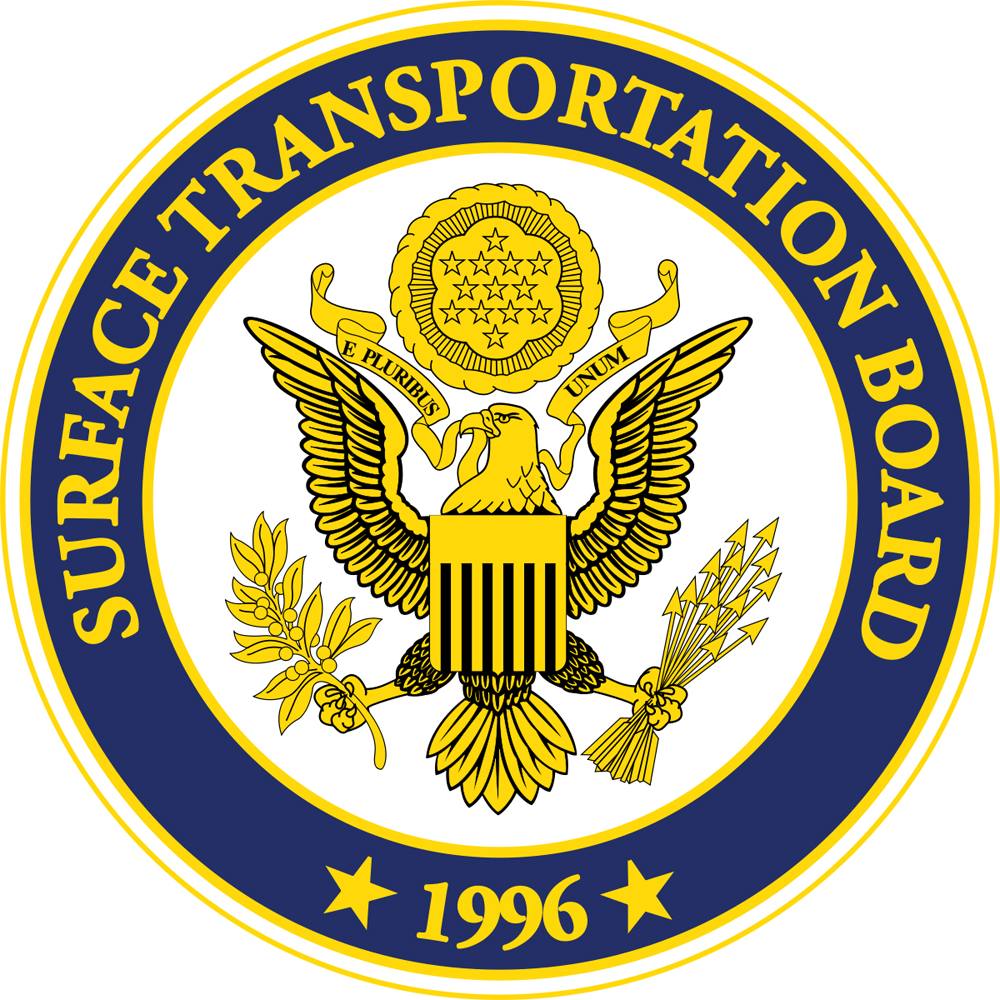
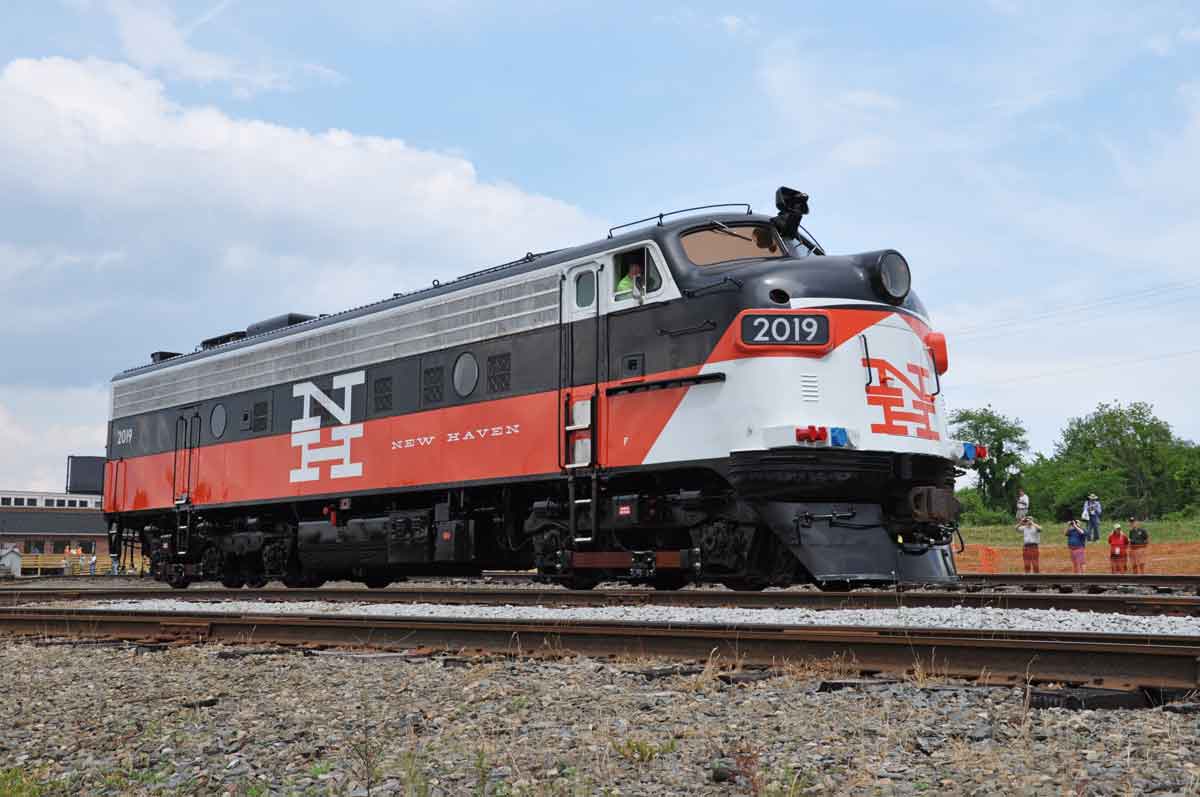
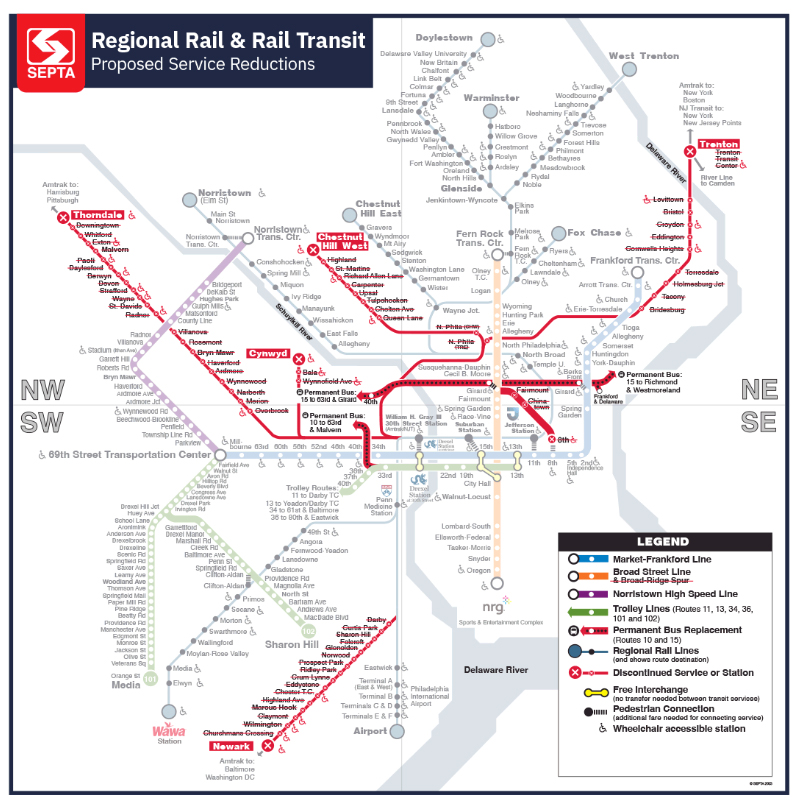




“Naming of the board begins a 120-day process that includes a requirement for the board to issue a report with its recommendations by Aug. 23. No job action can be taken during that time.” How do you calculate 120 Days between today and August 23rd?
There’s a difference between “includes” and “concludes.” The report comes in the middle of the process, not the end.